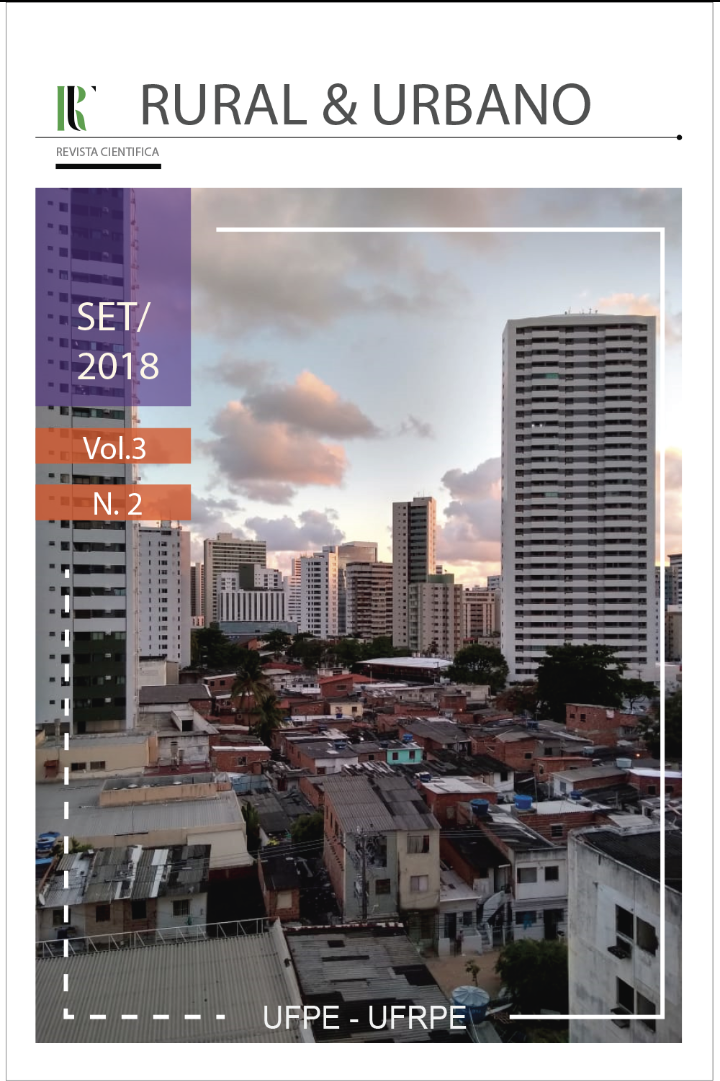INTERNATIONAL TRADE OF FRUITS: REFLECTIONS FROM THE SUBMÉDIO SÃO FRANCISCO
DOI:
https://doi.org/10.51359/2525-6092.2018.241080Palavras-chave:
Semi-arid, Irrigated fruticulture, Export, Agroindustry complexResumo
The race for economic development has brought an unprecedented transformation in agricultural activities and has been subordinated to an international logic of production and commercialization. This new scenario demanded the reconfiguration of urban and rural spaces, which were now endowed with new enterprises and meanings. Several activities once only found in the urban context, are now also available in rural areas. The transit of people between these spaces also began to have a new meaning. This article aims to contribute to the dialogues around urban dynamics and its relationship with the rural environment in Brazil, with emphasis on the submédio region of the São Francisco river valley, especially Petrolina and Petrolândia, Pernambuco municipalities. In the decades of 1980’s and 1990’s, these municipalities began their investments in irrigated fruit production and currently have their products commercialized in the main retail chains of the world. However, this process has also brought challenges for public management of these areas and also for reducing income inequality among producers.
Downloads
Publicado
Como Citar
Edição
Seção
Licença
Autores que publicam nesta revista concordam com os seguintes termos:
a) Autores mantém os direitos autorais e concedem à revista o direito de primeira publicação, com o trabalho simultaneamente licenciado sob a Creative Commons Atribuição-Não Comercial-Compartilha Igual 4.0 Internacional  , que permite o compartilhamento do trabalho com reconhecimento da autoria e publicação inicial nesta revista.
, que permite o compartilhamento do trabalho com reconhecimento da autoria e publicação inicial nesta revista.
b) Autores têm autorização para assumir contratos adicionais separadamente, para distribuição não-exclusiva da versão do trabalho publicada nesta revista (ex.: publicar em repositório institucional ou como capítulo de livro), com reconhecimento de autoria e publicação inicial nesta revista.
c) Autores têm permissão e são estimulados a publicar e distribuir seu trabalho online (ex.: em repositórios institucionais ou na sua página pessoal) a qualquer ponto antes ou durante o processo editorial, já que isso pode gerar alterações produtivas, bem como aumentar o impacto e a citação do trabalho publicado.

